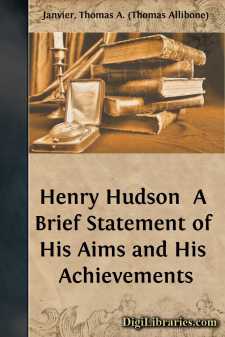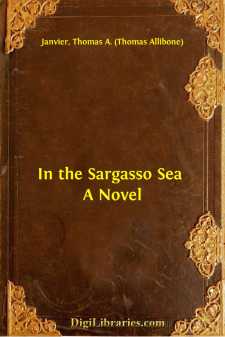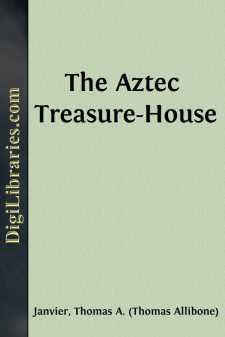Categories
- Antiques & Collectibles 13
- Architecture 36
- Art 48
- Bibles 22
- Biography & Autobiography 815
- Body, Mind & Spirit 144
- Business & Economics 28
- Children's Books 18
- Children's Fiction 14
- Computers 4
- Cooking 94
- Crafts & Hobbies 4
- Drama 346
- Education 58
- Family & Relationships 59
- Fiction 11829
- Games 19
- Gardening 17
- Health & Fitness 34
- History 1378
- House & Home 1
- Humor 147
- Juvenile Fiction 1873
- Juvenile Nonfiction 202
- Language Arts & Disciplines 89
- Law 16
- Literary Collections 686
- Literary Criticism 179
- Mathematics 13
- Medical 41
- Music 40
- Nature 179
- Non-Classifiable 1768
- Performing Arts 7
- Periodicals 1453
- Philosophy 65
- Photography 2
- Poetry 896
- Political Science 203
- Psychology 44
- Reference 154
- Religion 515
- Science 126
- Self-Help 85
- Social Science 82
- Sports & Recreation 34
- Study Aids 3
- Technology & Engineering 59
- Transportation 23
- Travel 463
- True Crime 29
Our website is made possible by displaying online advertisements to our visitors.
Please consider supporting us by disabling your ad blocker.
Henry Hudson A Brief Statement of His Aims and His Achievements
Categories:
Description:
Excerpt
I
F ever a compelling Fate set its grip upon a man and drove him to an accomplishment beside his purpose and outside his thought, it was when Henry Hudson—having headed his ship upon an ordered course northeastward—directly traversed his orders by fetching that compass to the southwestward which ended by bringing him into what now is Hudson's River, and which led on quickly to the founding of what now is New York.
Indeed, the late Thomas Aquinas, and the later Calvin, could have made out from the few known facts in the life of this navigator so pretty a case in favor of Predestination that the blessed St. Augustine and the worthy Arminius—supposing the four come together for a friendly dish of theological talk—would have had their work cut out for them to formulate a countercase in favor of Free Will. It is a curious truth that every important move in Hudson's life of which we have record seems to have been a forced move: sometimes with a look of chance about it—as when the directors of the Dutch East India Company called him back and hastily renewed with him their suspended agreement that he should search for a passage to Cathay on a northeast course past Nova Zembla, and so sent him off on the voyage that brought the "Half Moon" into Hudson's River; sometimes with the fatalism very much in evidence—as when his own government seized him out of the Dutch service, and so put him in the way to go sailing to his death on that voyage through Hudson's Strait that ended, for him, in his mutineering crew casting him adrift to starve with cold and hunger in Hudson's Bay. And, being dead, the same inconsequent Fate that harried him while alive has preserved his name, and very nobly, by anchoring it fast to that River and Strait and Bay forever: and this notwithstanding the fact that all three of them were discovered by other navigators before his time.
Hudson sought, as from the time of Columbus downward other navigators had sought before him, a short cut to the Indies; but his search was made, because of what those others had accomplished, within narrowed lines. In the century and more that had passed between the great Admiral's death and the beginning of Hudson's explorations one important geographical fact had been established: that there was no water-way across America between, roughly, the latitudes of 40° South and 40° North. Of necessity, therefore—since to round America south of 40° South would make a longer voyage than by the known route around the Cape of Good Hope—exploration that might produce practical results had to be made north of 40° North, either westward from the Atlantic or eastward from the North Sea.
Even within those lessened limits much had been determined before Hudson's time. To the eastward, both Dutch and English searchers had gone far along the coast of Russia; passing between that coast and Nova Zembla and entering the Kara Sea. To the westward, in the year 1524, Verazzano had sailed along the American coast from 34° to 50° North; and in the course of that voyage had entered what now is New York Bay....












